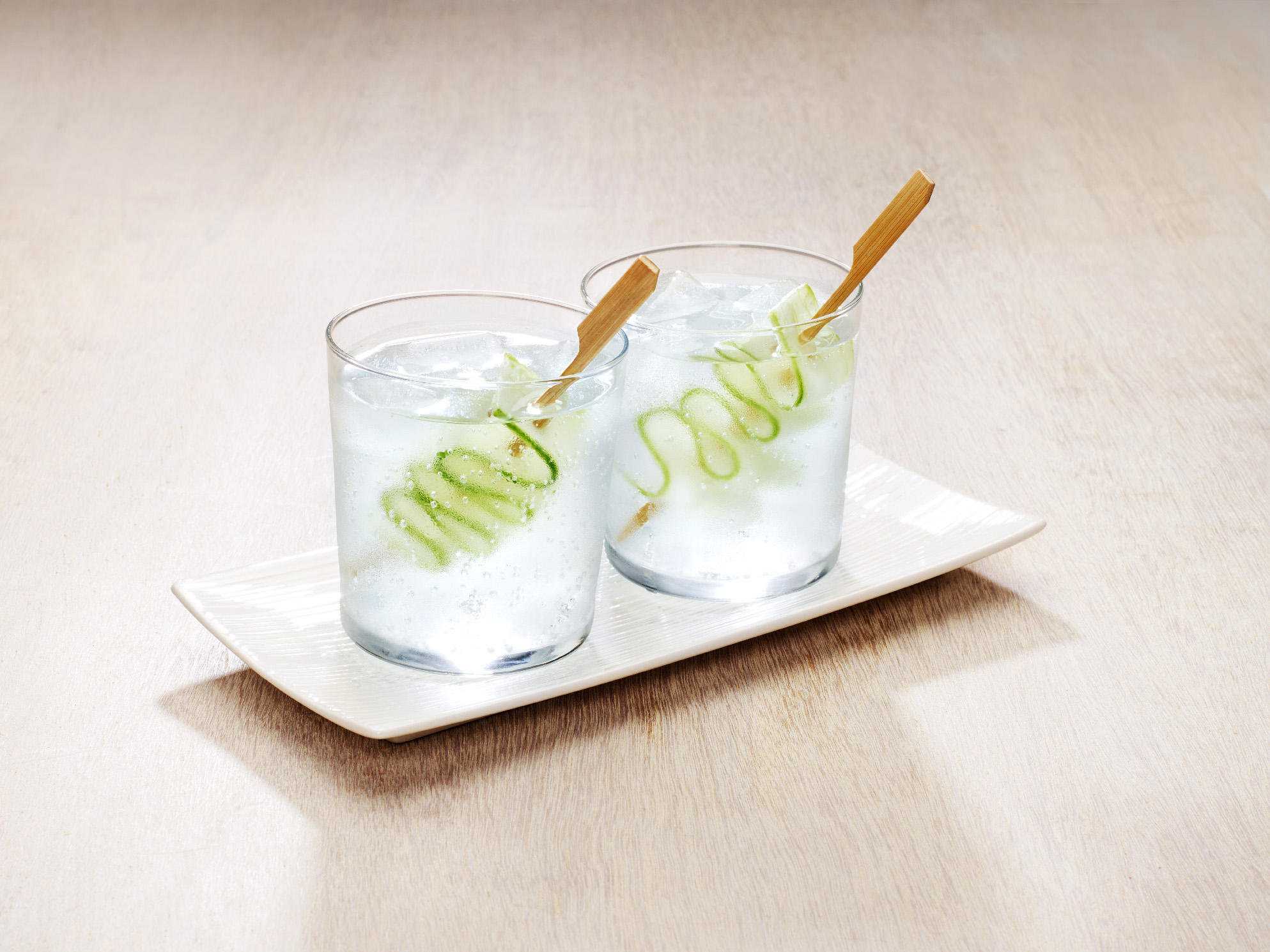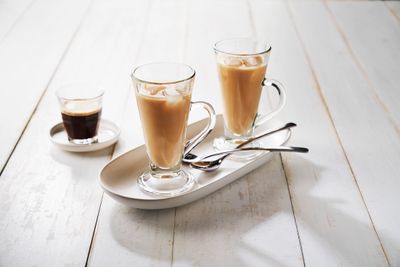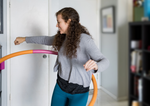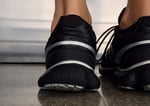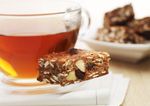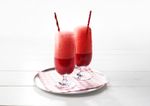6 tips to keep your drinking in check
by Danica Keric, Alcohol Policy and Research Coordinator
- November 8, 2020
- Leave a comment
There's no denying that it's been a stressful few years, so it's not surprising that we would be looking for ways to help manage this stress. For some, it might be tempting to turn to alcohol. That relaxes us… right?
Spoiler alert; rather than help us cope, alcohol can make us feel more stressed and anxious. It can also affect our sleep, mood and ability to fight disease.
Not drinking alcohol at all is the safest and healthiest option. But reducing your drinking will also benefit you right now AND you’ll reduce your risk of cancers and other health problems later. Here are our top tips for staying well and keeping your drinking in check.
1. Commit to alcohol-free days
Alcohol-free days can help break the rhythm and cycle of drinking. There are also physical and mental health benefits such as:
- Sleeping better
- Increased energy
- Improved mood
Try switching up your routine to make sure those alcohol-free days happen. For example, if you tend to head straight for the fridge when you finish work, mix it up by putting the kettle on instead. Sit back, and let the soothing power of a cuppa work its magic on your stress levels.
Getting some fresh air and moving your body is also a great circuit breaker. It gets you outside of your usual environment AND produces feel-good brain chemicals that help relieve tension and relax you.
For more on how creating a habit of having alcohol-free days will help you stay physically and mentally healthy, head to ABC Life.
2. Count your drinks
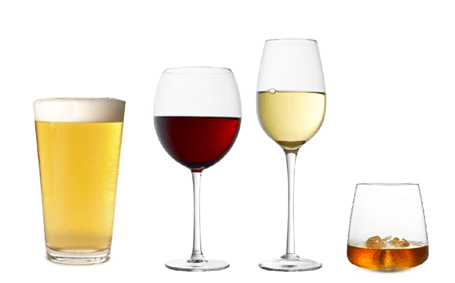
Keeping a count of how many drinks you have will help you stay at low risk of alcohol-related harm. The NHMRC recommends drinking no more than 10 standard drinks each week to prevent the long-term harms from drinking alcohol. These are things like cancer, stroke and heart disease. To prevent injury, they recommend no more than 4 standard drinks on any one occasion.
One standard drink is:
A standard drink contains 10 g of alcohol. A standard drink can be quite different to the amount you actually have in your glass. For example, a glass of wine at a restaurant or a can of fancy beer is often 1.5 - 2 standard drinks.
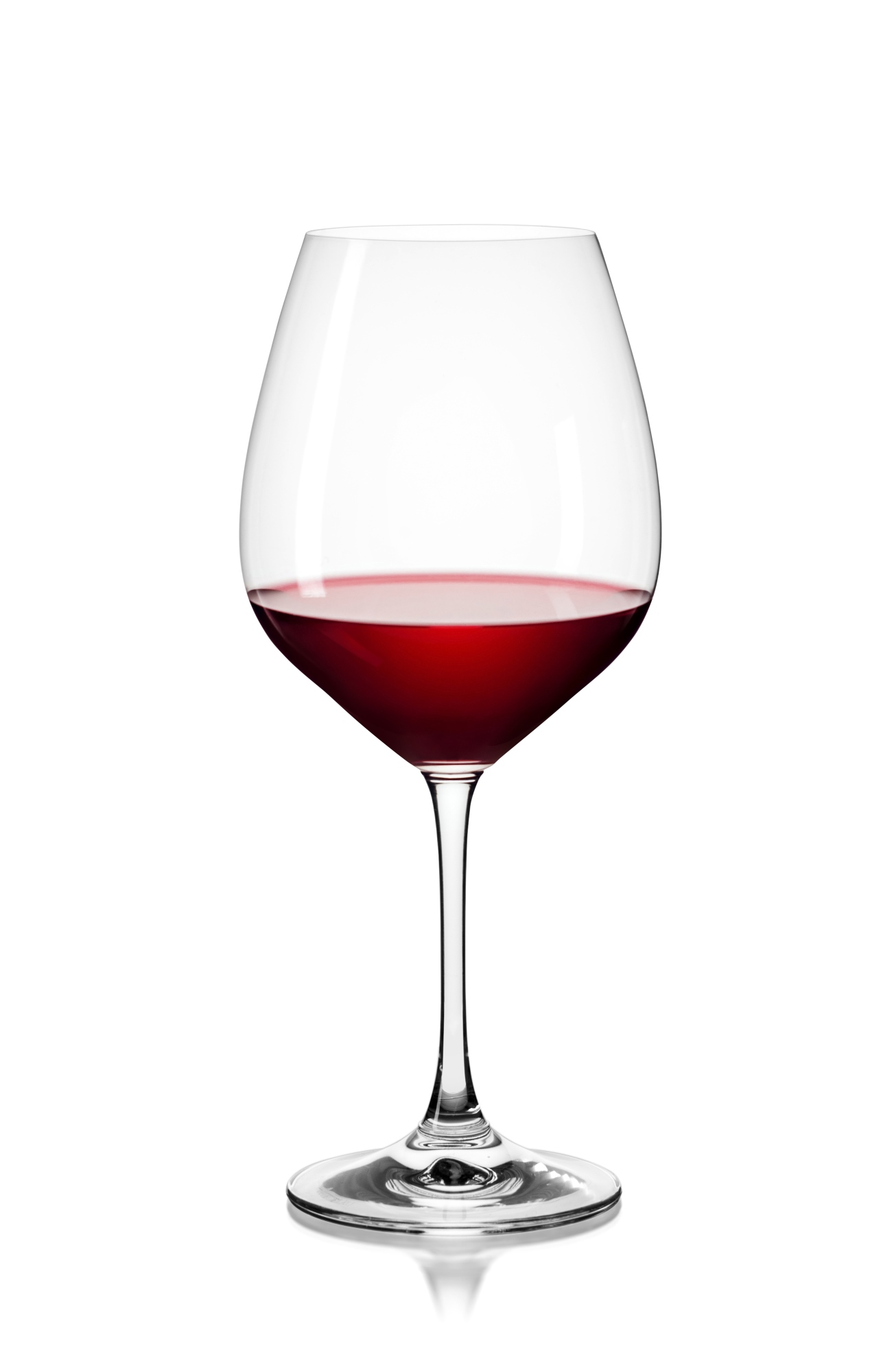
100mL
One small glass of red or white wine
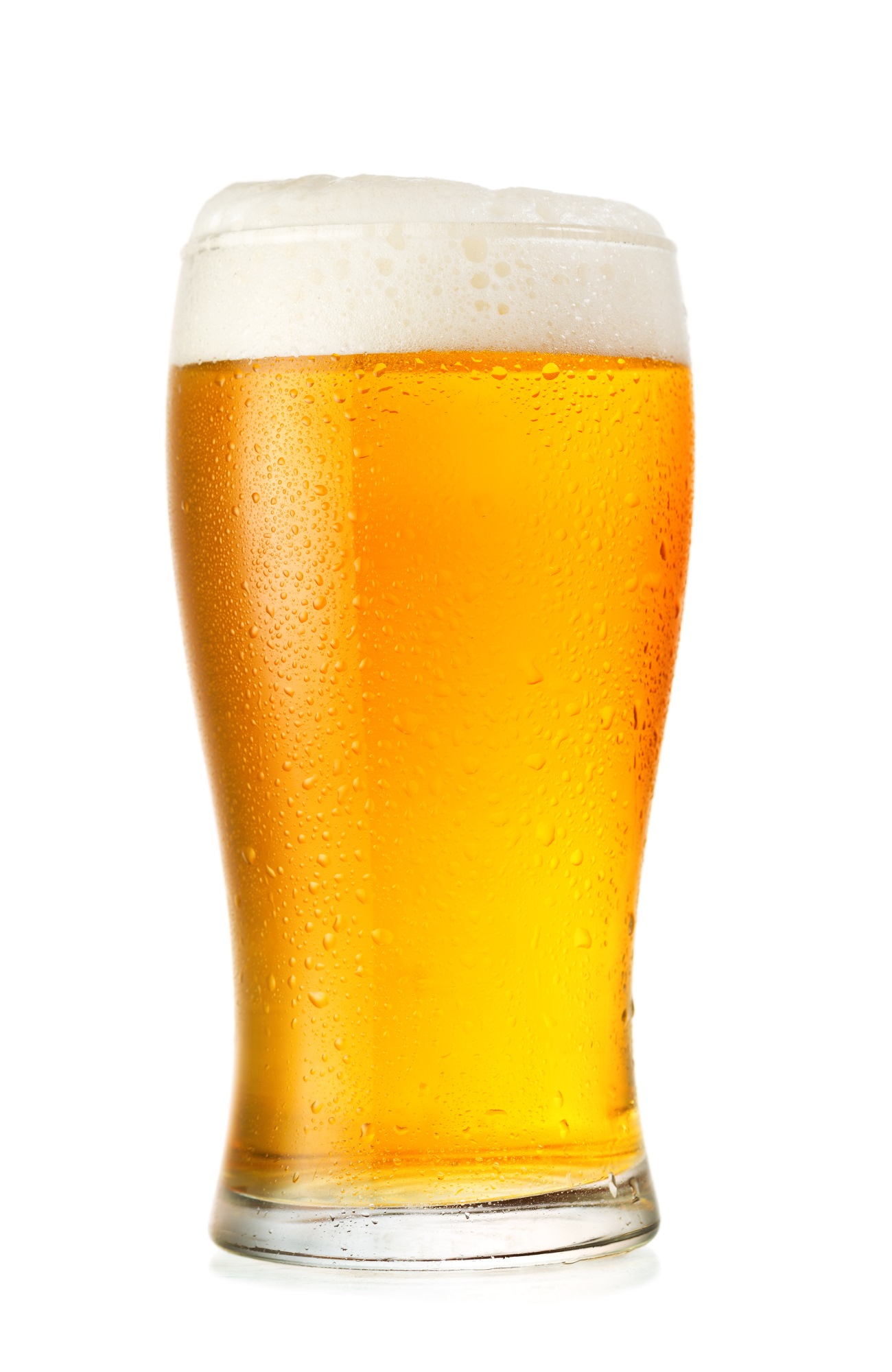
285mL
One middy of full-strength beer or cider
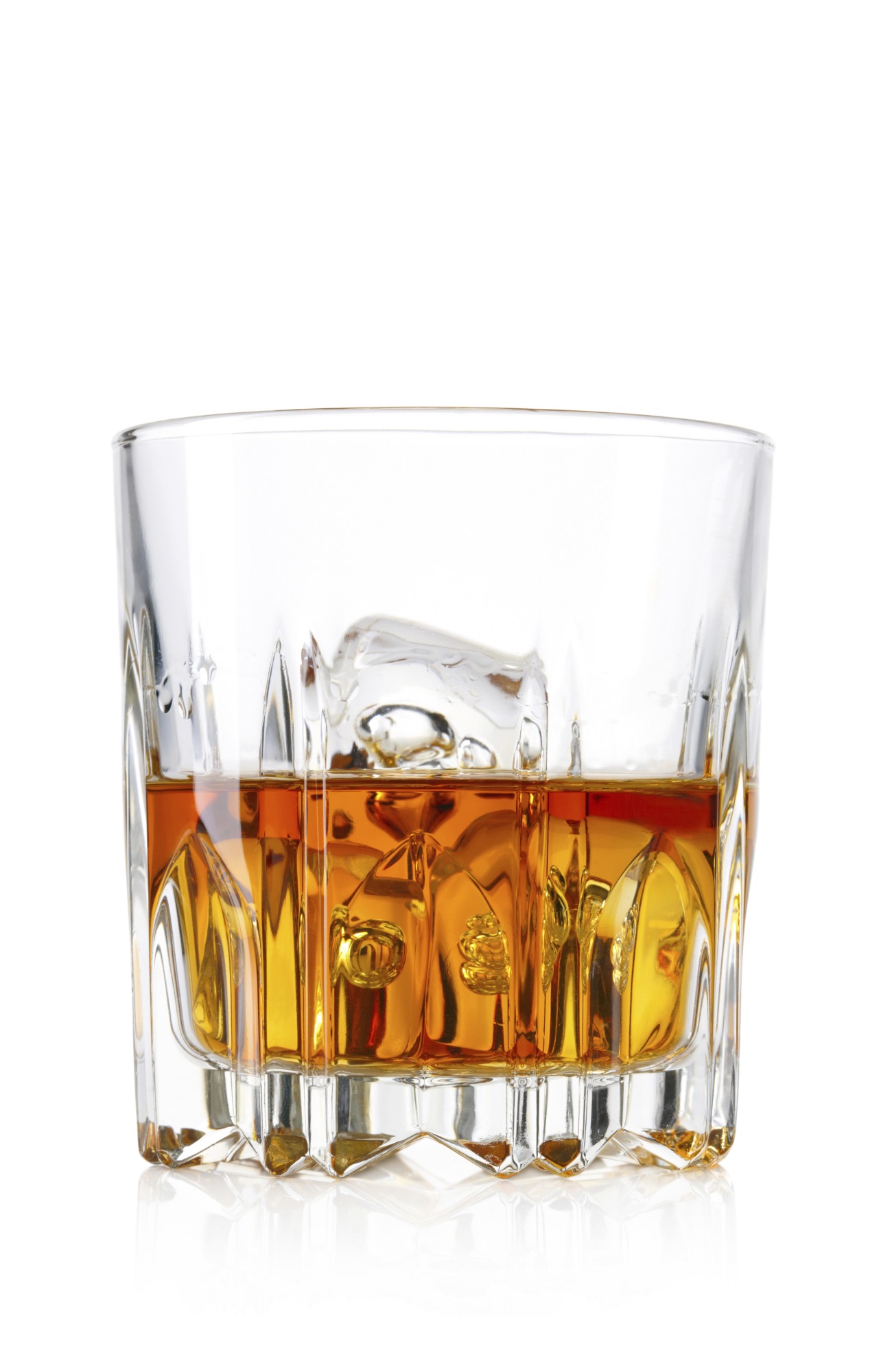
30mL
One nip of spirits
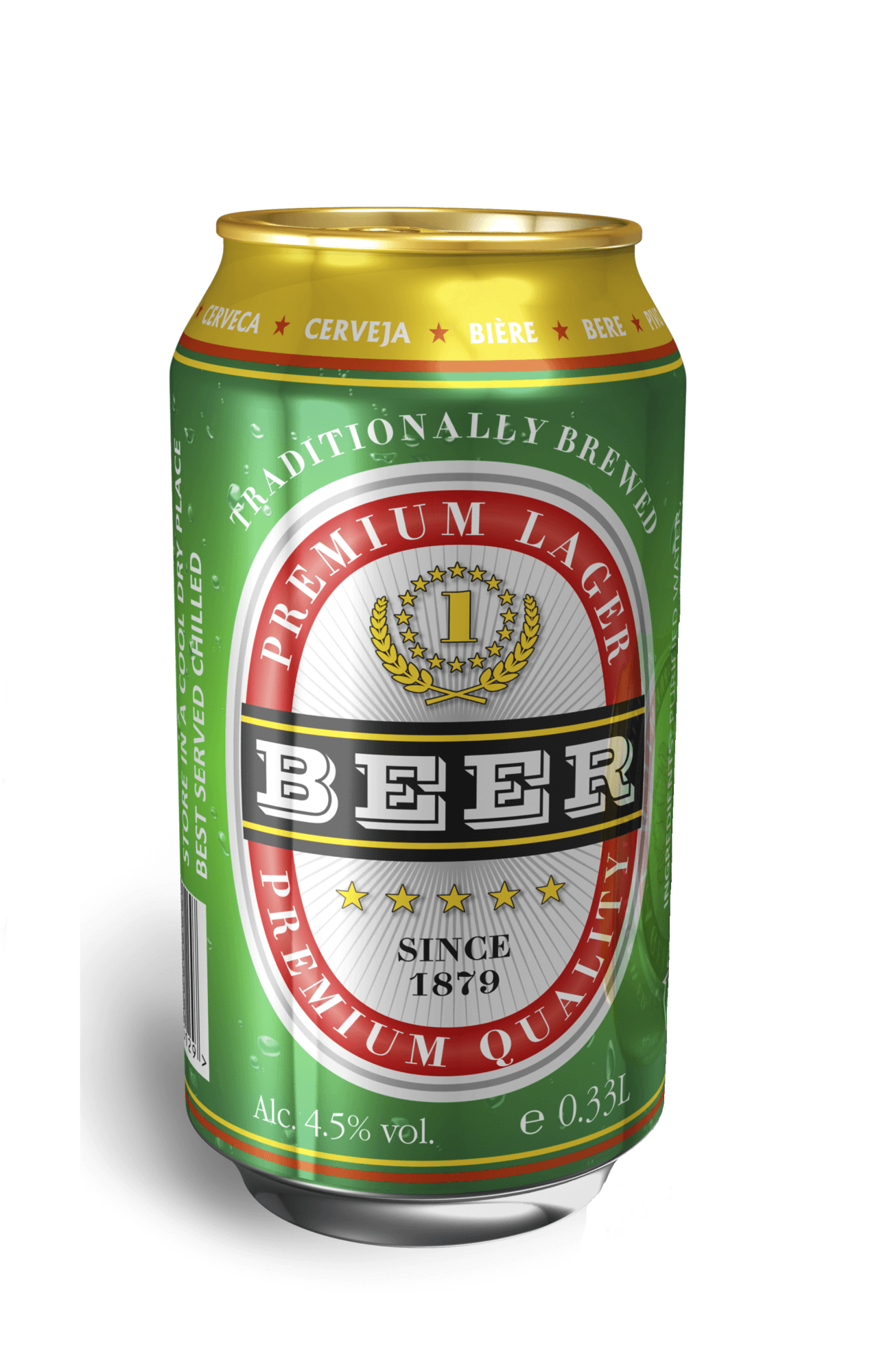
375mL
One can of mid-strength beer
Check out Alcohol.Think Again for an online standard drink tool, where you can learn what a standard drink is and how many standard drinks are in the drinks you typically pour. Typically, one standard drink of alcohol is equal to a small (100ml) glass of wine, 30ml of spirits or a small (285ml) glass of beer. A bottle of full-strength beer generally has around 1.4 standard drinks and an average serving of a glass of red wine has around 1.6 standard drinks. The number of standard drinks should be written on the container, so check this to help you keep count.
Alcohol.Think Again also has a quick and simple online tool you can use to assess if your current drinking habits are putting you at risk.
3. Limit how much alcohol you keep at home
If it’s not there, you can’t drink it! The more alcohol you have in the house, the more likely you are to drink it. Instead of keeping a large store of alcohol on-hand, only buy small amounts at a time. Better yet, keep your house alcohol-free and only head to the bottle shop to buy drinks for a specific event.
4. Try low-alcohol or alcohol-free alternatives
Keeping your house stocked with tasty non-alcoholic drinks can help. Interesting teas, sparkling water and home-made iced coffee are all great ways to mix it up. Check out our range of delicious non-alcoholic drink recipes. Low- and no-alcohol products are also a good alternative for some people looking to reduce their drinking. There are now a range of low-alcohol and non-alcoholic beer, wine and spirit options available from liquor stores and supermarkets. However, be warned, many of these products are loaded with hidden kilojoules. So while they’re not alcohol, they’re not necessarily healthy options.
5. Start with water
Make your first couple of drinks non-alcoholic. The first few drinks we have are usually the ones we drink the quickest (maybe because we’re thirsty?) so you can get a real win by making these water.
Drink non-alcoholic drinks like sparkling water, or non-alcoholic beer as spacers between your alcoholic drinks. Drink slowly and take time to enjoy the taste. Your body will thank you for it the next day.
6. Do fun stuff at home
Think Mental Health has lots of great ideas for fun activities you can use to de-stress that don't involve drinking. Puzzles and podcasts are a great way to get you thinking, or you could explore your artistic side by having a go at sketching, painting or an adult colouring-in book.
For more tips on how to reduce your drinking, head to the Alcohol.Think Again website.
